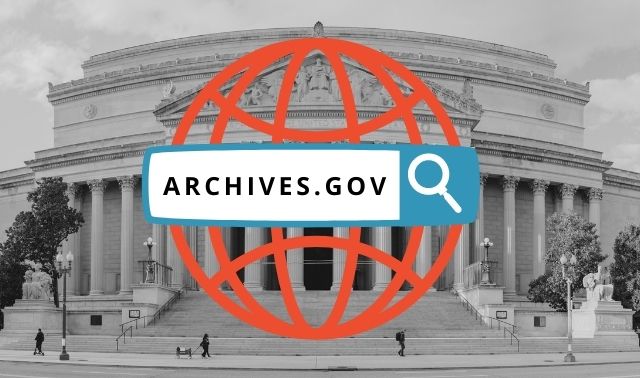As a professional librarian, I have just responded to yet another letter from a genealogical seeker with the words I hate to use: “Sorry. Unable to answer your request due to insufficient information.” The library where I work receives a number of queries each year from researchers tracing relatives who lived in our small town.
We have obituary indexes, family and community histories, microfilms of local newspapers and various reference tools. Unfortunately, many requests go unanswered¡not because the information isn’t available, but because the researcher’s query provided insufficient or inaccurate data.
Frequently, the reasons a question cannot be answered are preventable. Here are a half-dozen pointers on writing to research institutions such as museums, archives and libraries that will ensure that your request gets results:
- Always, always, always proofread the letter. Yourself. Relying on your computer to check your spelling is risky when one letter (Anderson instead of Andreson) or number (1982 instead of 1892) can mean the difference between success and failure. Astonishingly, probably a third of the requests I receive have a simple clerical error of this kind.
- More is more. Give all the information you can, including places of residence, maiden names (and indicate them as maiden names), alternate spellings of names, second and third marriages (labeled as such) and name changes. I’ve undertaken many a search for an obituary under a maiden name or the name of the first husband, rather than the woman’s name from a subsequent marriage. On more than one occasion, I’ve provided information about a person with a common name, such as Joe Smith, only to find that I’ve researched the wrong Joe Smith. In families where succeeding generations and branches of the family took the same name, detailed information is essential. Give names of children or spouses if known. These may be the only clues to differentiate one Joe Smith from another. The more information you can provide, the better your chances of receiving an accurate answer.
- Give sources for your information. If your source is an index, cite it. If it’s a newspaper article, give its date—or better yet, provide a copy. Such consideration may save the librarian or archivist working on your request from duplicating your efforts. If your source is an oral transmission by a relative, say so, and give the family name. It’s sometimes possible to connect a researcher with a branch of the family he or she does not know exists.
- Use the method of communication the library or archives prefers. Some recommend regular mail; others utilize e-mail. I find telephone queries the most difficult to work with and have learned it’s more productive to ask the caller to write in order to ensure accuracy. Occasionally, a museum or archives will require you to fill out a form in order to respond to you.
- Recognize the limitations of research institutions. Queries needing a brief factual response, such as an obituary or marriage date, stand a better chance than a lengthy research request. Staff may refuse a complex problem, deal with it on a time-available basis, or refer you to a professional researcher who will provide the information for a fee. Requesting photographs may prove disappointing: While some museums have high-quality indexes of their photograph collections, many simply don’t have the time or the searching tools to check their collections for photographs of your family members.
- Be courteous. Simple gestures, such as including a stamped, self-addressed envelope or even just postage, are always appreciated. While most institutions charge for copying services, some do not. Sending a donation to defray copying costs is a thoughtful way of saying thank you. Most institutions will welcome a donation of a copy of your genealogy or family history when it’s completed.
Like many curators, librarians and archivists, I find it rewarding to be able to answer genealogical questions and provide seekers with the material they want as they track their family history. If you can make our work more efficient by following these tips, you’ll greatly increase your chances of receiving a prompt and complete response to your queries—and of taking the next step in tracing your family tree.




